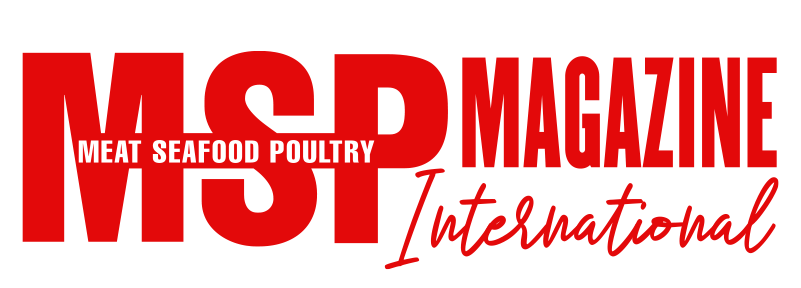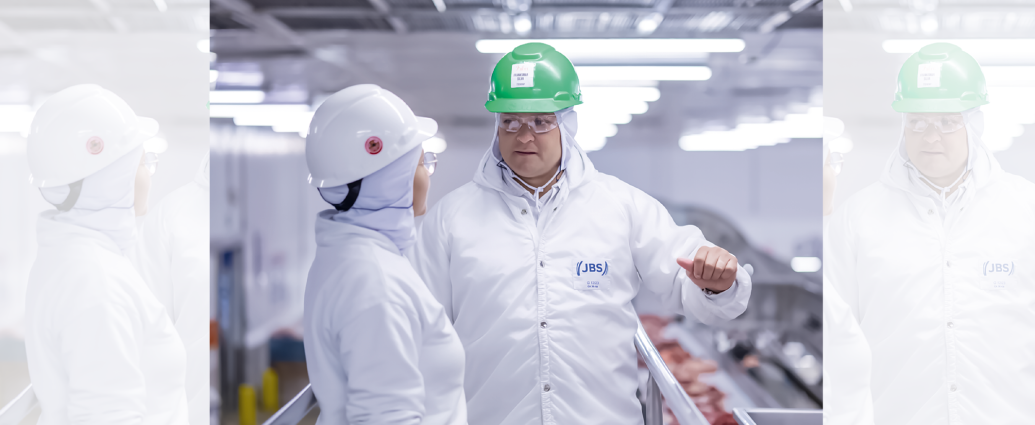At an event with the president of the Republic, the company announced that it will invest R$150 million to double the production of its unit in Campo Grande, generating 2,300 new jobs
JBS announced that it will double the processing capacity and workforce of its Campo Grande II unit in Mato Grosso do Sul, making it the largest beef plant in all of Latin America and one of the top three for JBS worldwide. The company will invest R$150 million to enable the factory to process 4,400 animals daily, up from 2,200, within a year, while the number of employees will increase from 2,300 to 4,600.
The announcement comes during an event marking the first shipment of beef from this factory to China. JBS’s Campo Grande II unit was one of the 38 approved by the Chinese government on March 12th. The ceremony is attended by the President of the Republic, Luiz Inácio Lula da Silva, the Minister of Agriculture and Livestock, Carlos Fávaro, the Minister of Planning and Budget, Simone Tebet, the Minister of Women, Aparecida Gonçalves, the Governor of Mato Grosso do Sul, Eduardo Riedel, among other public officials and business leaders.
“These 38 authorizations for China represent a gigantic step for Brazilian agribusiness. They mean growth, job creation, and income. For industry, for the countryside, for people, for commerce, for cities,” said Gilberto Tomazoni, global CEO of JBS. “They operate in many countries around the world, and none of them is as attractive today as Brazil for investing in agribusiness,” he added.
New authorizations
Prior to this recent list of authorizations, released by the Chinese government on March 12th, Brazil had 106 plants authorized to export to the Asian country. Now there are 144. Mato Grosso do Sul had only three beef protein factories authorized, and now has nine. The state had the most new authorizations among all federal units in last month’s announcement.
With the new authorizations, beef production units in Mato Grosso do Sul can now ship an equivalent volume to 2.3 million animals, an increase of 1.87 million. Previously, the number of exports to China reached a maximum of 467,000 heads. Considering the processing share in the state, the potential for exports to China has increased from 11.4% to 57.1%.
The Campo Grande II unit was one of those authorized in March. Built in 2007 and acquired by JBS in 2010, it currently employs 2,300 people and produces 440 tons of meat and 136 tons of burgers (or 2.4 million units) every day. In addition to China, the factory can export to the United States, Algeria, Egypt, United Arab Emirates, Argentina, European Union, and Chile, among others.

Socioeconomic development
According to a study by FIPE (Institute of Economic Research Foundation), released last year, JBS and the productive networks linked to it accounted for 2.1% of Brazil’s GDP and contribute to generating 2.73% of the country’s jobs. In Mato Grosso do Sul alone, the impact reaches 3.79% of the GDP and contributes to creating 7.2% of the jobs in the state. Directly, JBS employs 155,000 people throughout Brazil, of which 17,300 are in the state, which has 25 factories for beef, chicken, and pork.
www.jbs.com.br

